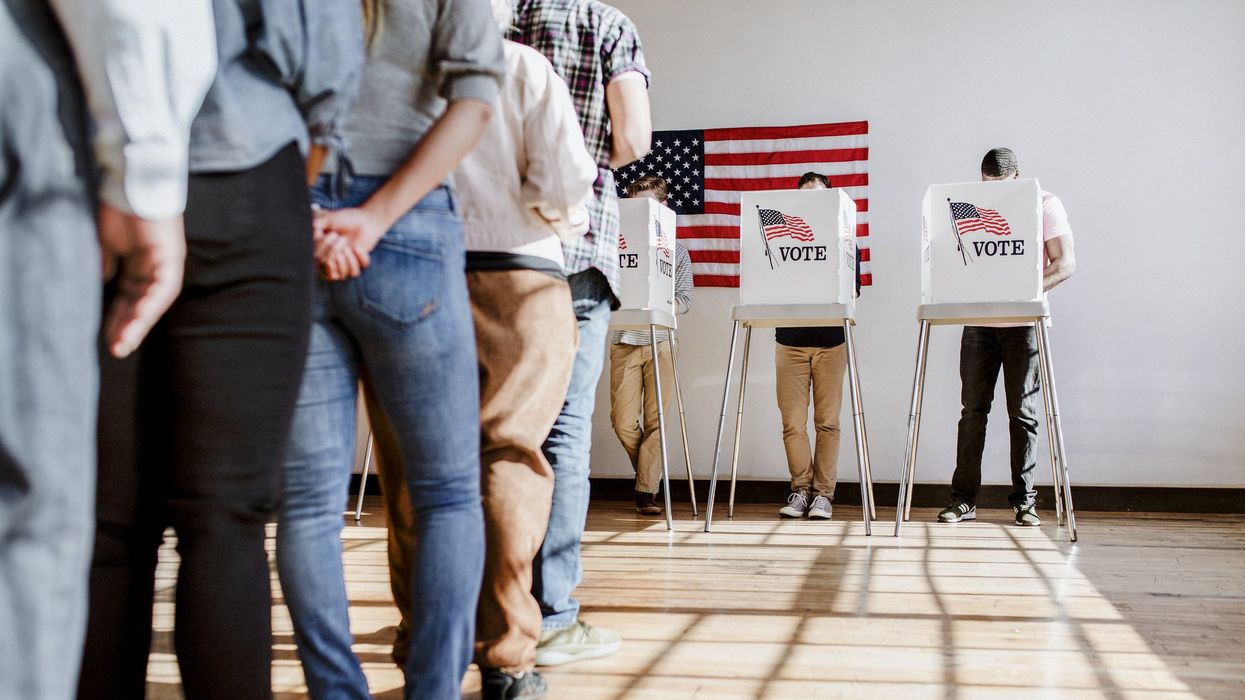The results of the 2024 election should put to bed any doubts as to the power of independent voters to decide key elections. Independents accounted for 34% of voters in 2024, handing President Trump the margin of victory in every swing state race and making him only the second Republican to win the popular vote since 1988. The question now is whether Republicans will build bridges with independent voters and cement a generational winning coalition or squander the opportunity like the Democrats did with the independent-centric Obama coalition.
Almost as many independents came out to vote this past November as Republicans, more than the 31% of voters who said they were Democrats, and just slightly below the 35% of voters who said they were Republicans. In 2020, independents cast just 26% of the ballots nationwide. The President’s share of the independent vote went up 5% compared to the 2020 election when he lost the independent vote to former President Biden by a wide margin. It’s no coincidence that many of the key demographics that President Trump made gains with this election season—Latinos, Asians and African Americans—are also seeing historic levels of independent voter registration.
Don’t think that independent voters are now solidly with Republicans. A new report from Arizona State University found that independents were twice as likely as Republicans and Democrats to split their tickets between their presidential and Senate votes, with 10% of independents doing so nationwide. Independents are independent, and it's a mistake to assume that a vote for a party candidate erases that.
Over half of America’s young voters are now independent. Gallup's tracking of independent voters has consistently found them to be a larger demographic than either major party. And if you ask independents what they want, they are pretty clear that they want to vote, including in primary elections. But too many states have made it illegal for independents to vote in primaries. Committees of patriots in many states are working to change this.
The Democratic Party made clear this past year that they are firmly opposed to letting independents vote in primaries. They actively campaigned against ballot referenda in Arizona, Colorado, Washington, D.C., Nevada, and South Dakota that would have reformed the system and given independent voters the right to participate in primary elections. And 2024 was not an aberration. The Democratic Party has, for years, championed efforts to defeat primary election reform across the country.
Nowhere is this more stark than in New York. For independents like myself, the right to vote in New York more closely resembles an autocracy than any democracy. Over 3 million New Yorkers are independent, and independent New Yorkers impacted this year's elections in ways both parties are just beginning to appreciate. Yet, you wouldn’t know it because the state’s Democratic Party apparatus has systematically shut down any conversation or campaign over the last several decades that would let independent voters have an equal say in who gets elected. Meanwhile, the Democratic primary is the only election that matters in most parts of the state. It’s corrupt and it demands the President’s attention.
Will the Republican Party grab a historic opportunity to do things differently? Already, Republican state parties in Indiana and Texas have indicated their interest in closing their state’s primary elections and shutting independent voters out by introducing legislation in the current session. Republican state parties across much of the South have been toying with the prospect for several years. It’s a mistake.
President Trump and the Republican Party should do something simple but powerful: recognize that the largest group of voters in the country don’t want to join a political party. They want leadership and results. And they want to be able to vote in every election. Let them. The party that builds bridges with independent voters will rule our country for a generation.
Jeremy Gruber, JD is the SVP of Open Primaries, an election reform organization. He is the co-author of Let All Voters Vote: Independents and the Expansion of Voting Rights in the United States.



















Trump & Hegseth gave Mark Kelly a huge 2028 gift